Guzheng Concert II – 2021.04.17
The Rui Cunha Foundation returns on April 17th, Saturday at 3:00 pm, with the “Guzheng Concert II” by the Macao Juvenile Group of Guzheng Arts., after a previous successful performance last January at the Gallery. The show will feature around 20 young students to play 14 themes composed or adapted for Guzheng, ensemble or solo, accompanied sometimes by the Piano, Cello, Drum, Erhu and Guqin.
The Guzheng is an ancient Chinese instrument that resembles a western wooden zither, with the difference of having movable bridges that raise the strings through which the sound vibrates, which in this case comes out from underneath the instrument’s resonance box where the main orifice is. The zither has only one sound hole positioned on the top side. A modern Guzheng can have 21, 25 or 26 strings, and be about five feet long.
It became very popular during the Qin and Tang dynasties and is still the most played Chinese musical instrument today. The word Gu (古) means “ancient”, and Zheng (筝) designates a “string instrument”, being also known only by the word Zheng.
The Guqin is its archaic relative, with 7 strings and a smaller oblong format, without the movable wooden bridges that characterize Guzheng. It has more than three thousand years of existence, being played in the country since the time of Confucius and enjoying high prestige in the philosophical and scientific community of distinguished scholars. It is often regarded as the “father of Chinese music” or “the instrument of the sages”, having been registered in 2003 as Intangible Cultural Heritage of Humanity by UNESCO.
The Erhu, which will also be played at this concert, is a kind of traditional Chinese violin, with two strings and a bow, whose sound is similar to that of the fiddle used in ancient folk music. Despite being light and practical for solo repertoire, since the era of nomadic populations who travelled to the far realms of the empire, Erhu is currently one of the main instruments in regional music bands, in Chinese Opera ensembles and also in the main modern Chinese orchestras.
Admission is free.
Don’t miss it!
APRIL, TIME TO CELEBRATE
For Macau, Further and Higher!
Program List



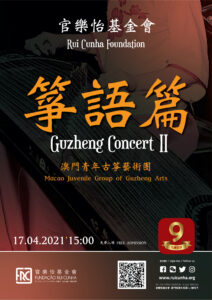
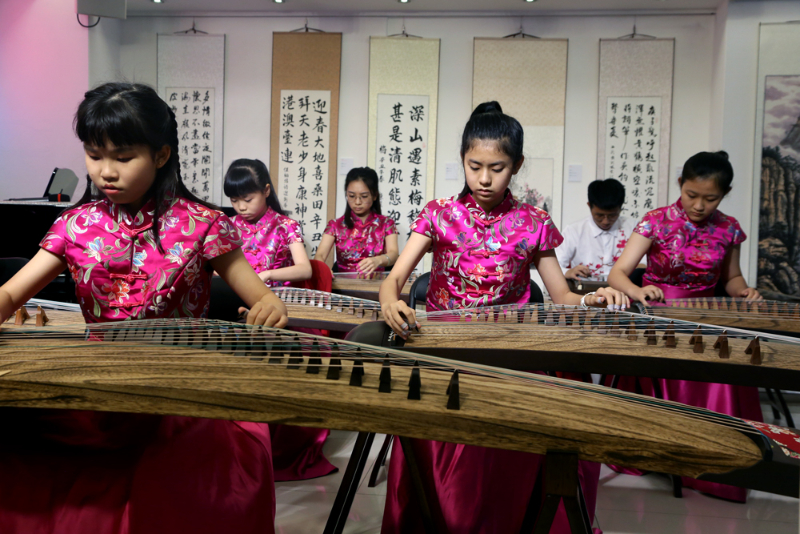
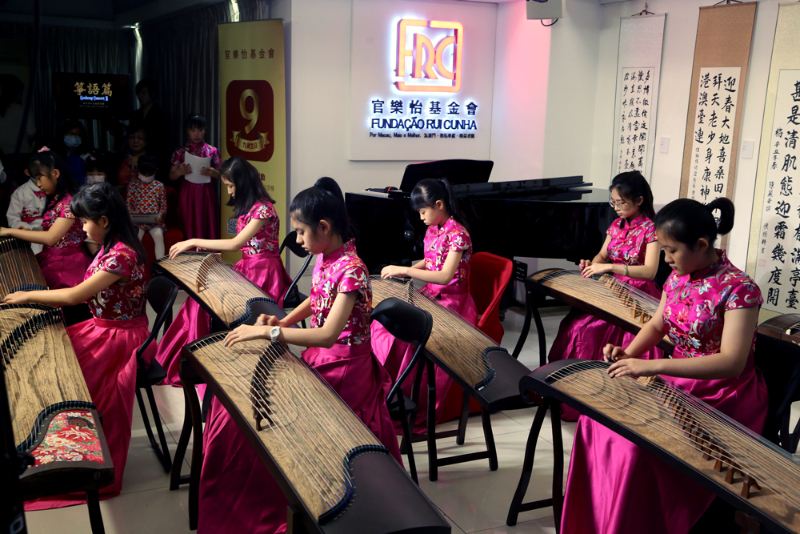
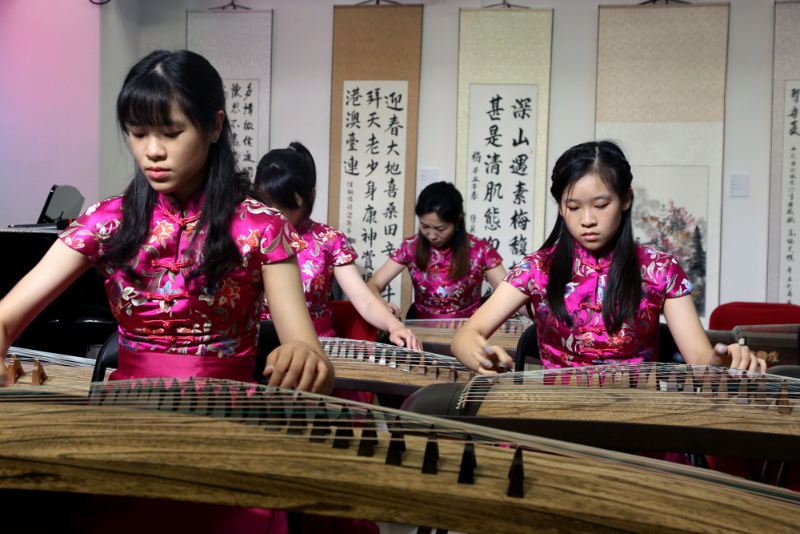
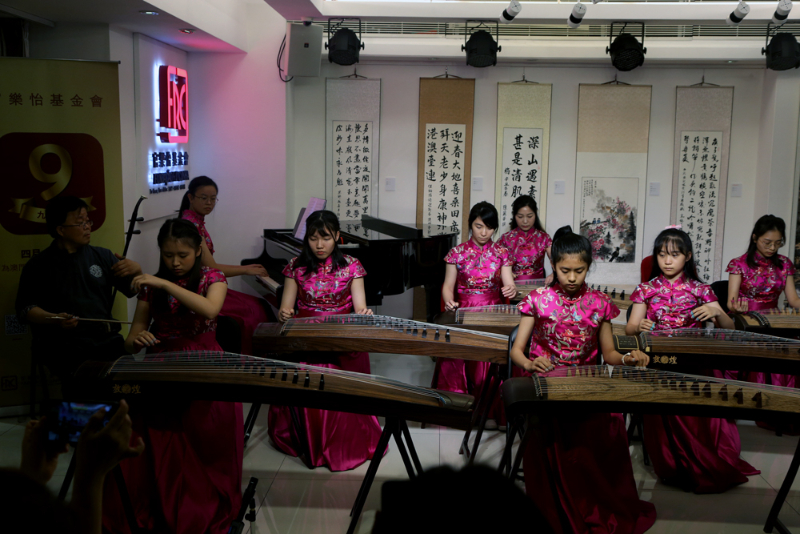
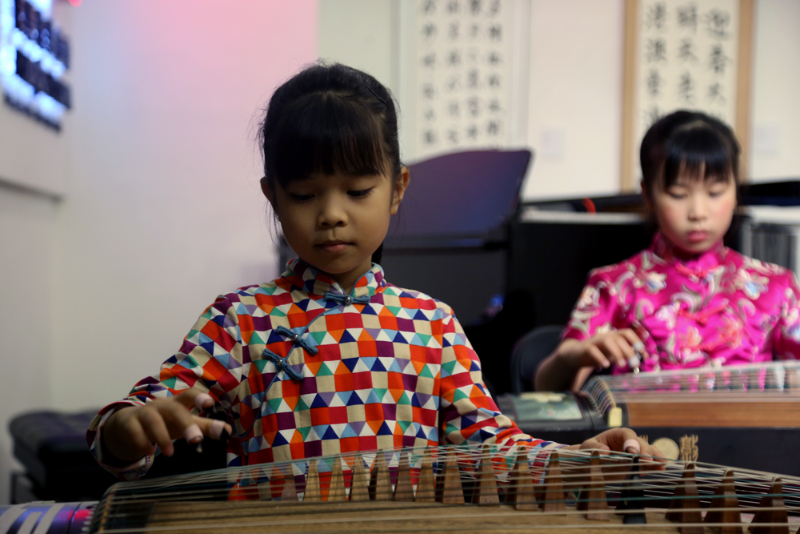
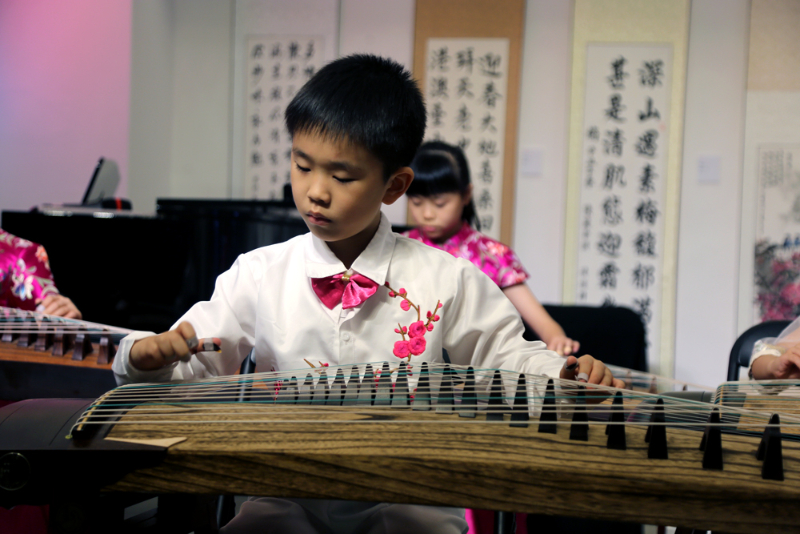
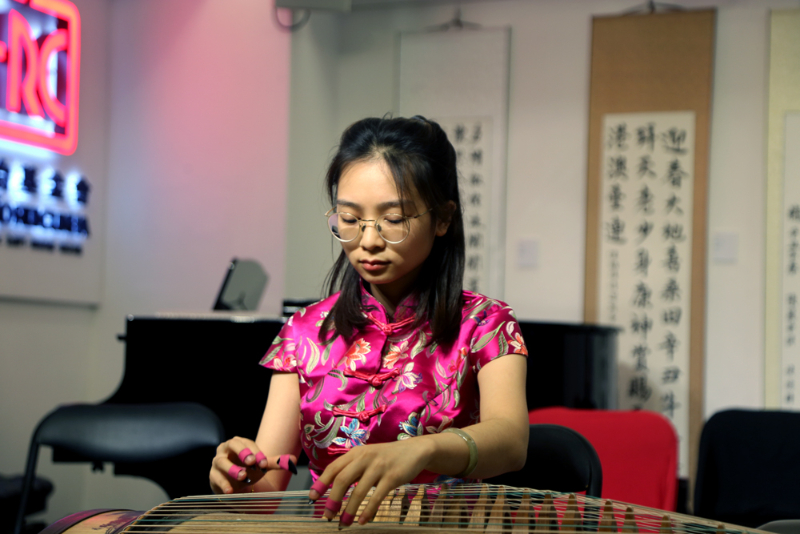
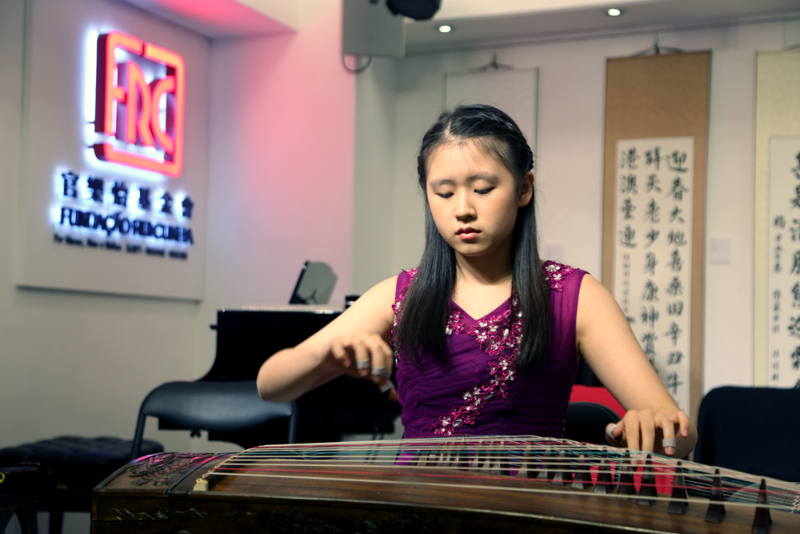
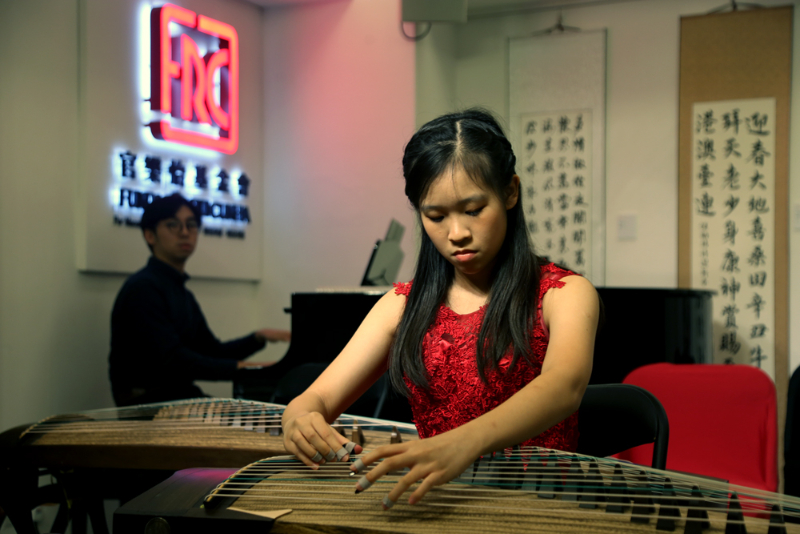
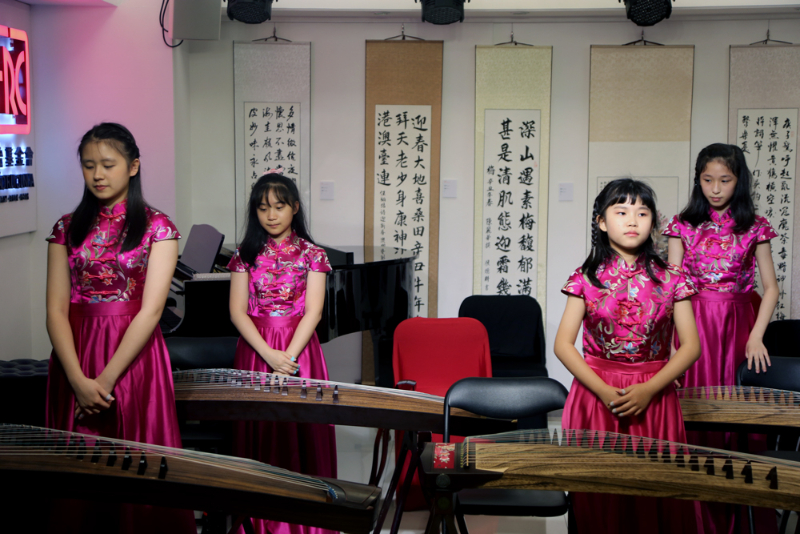
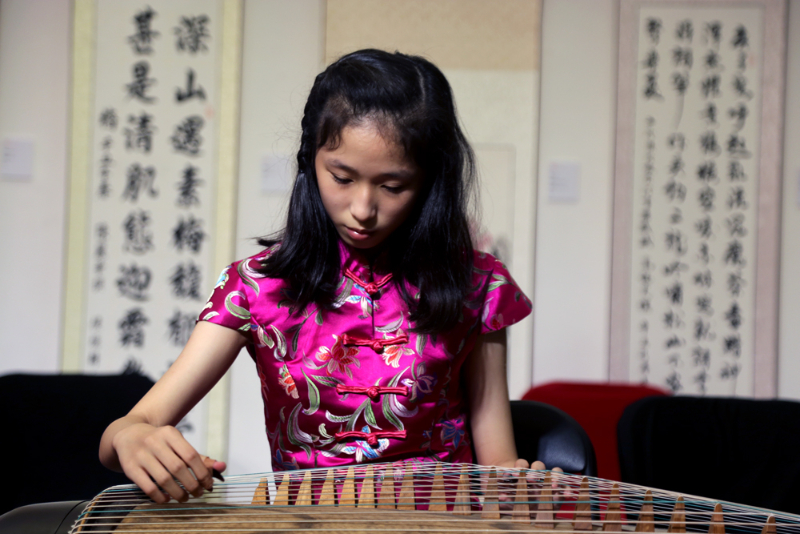
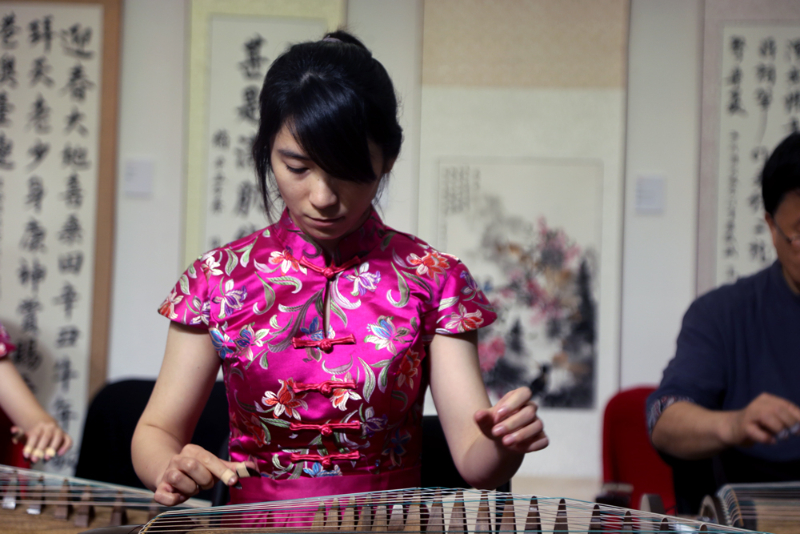
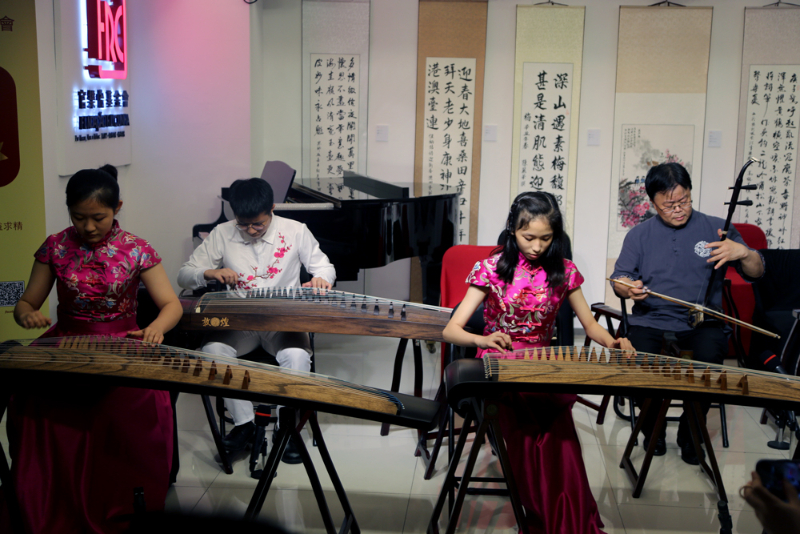
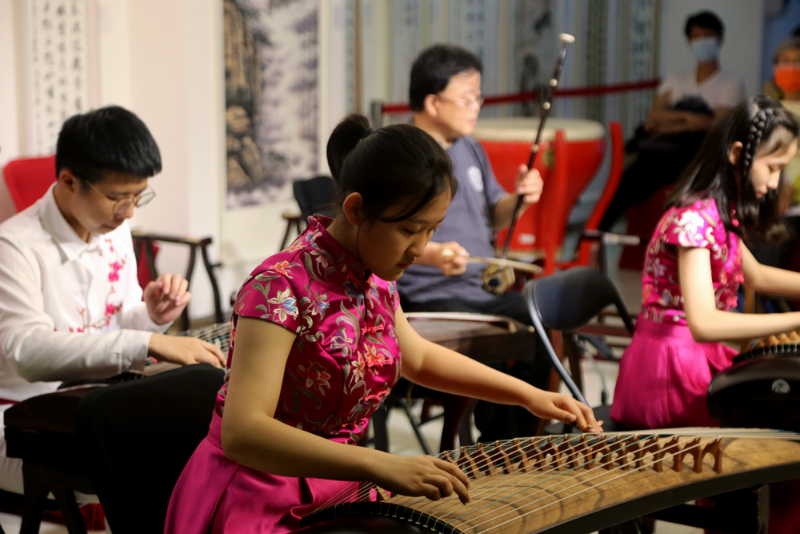
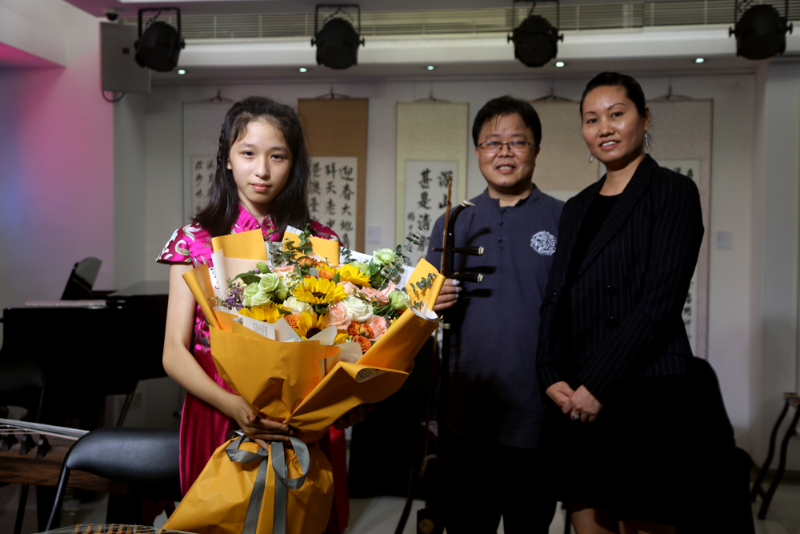
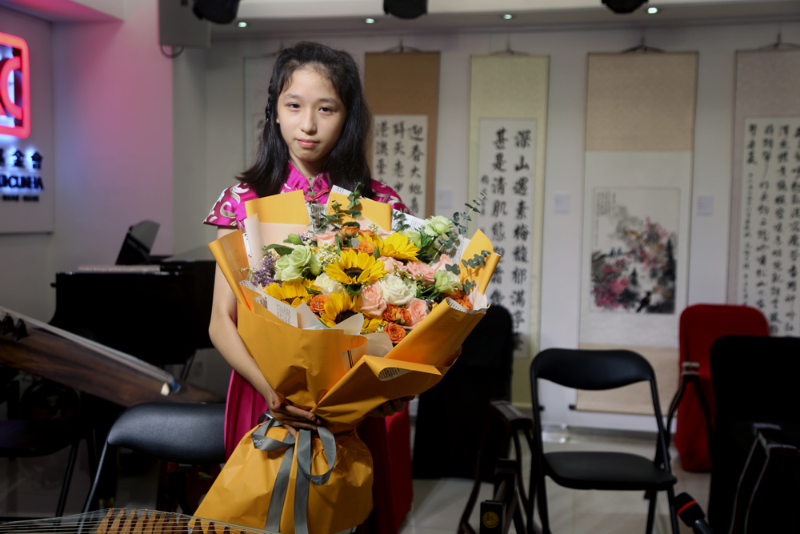
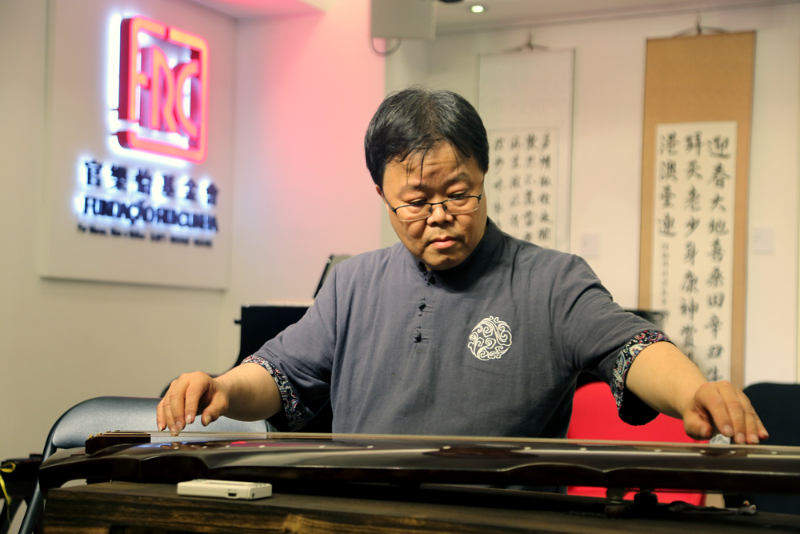
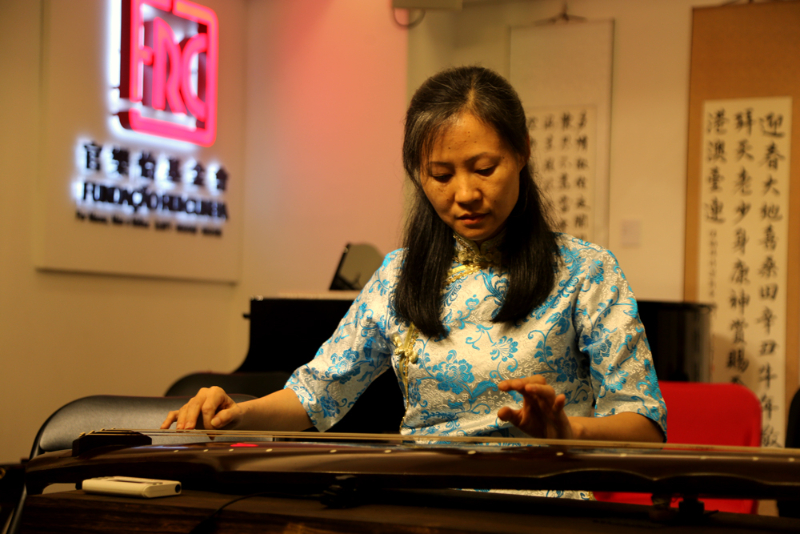
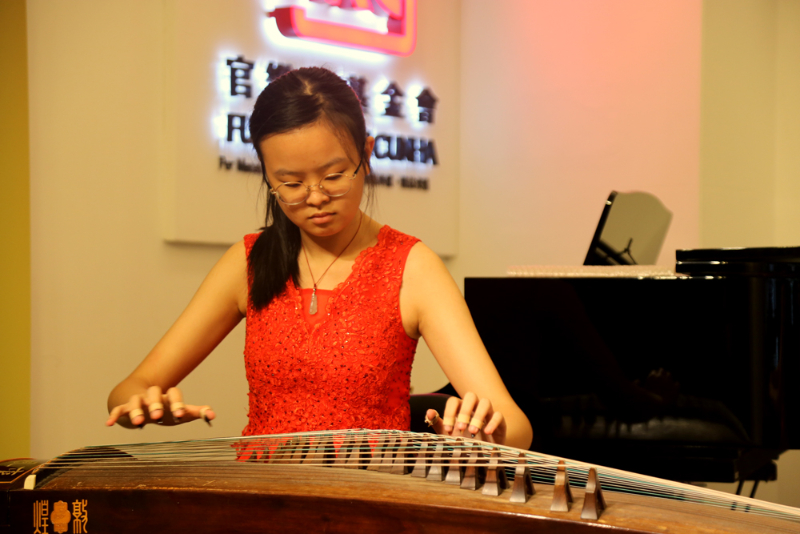
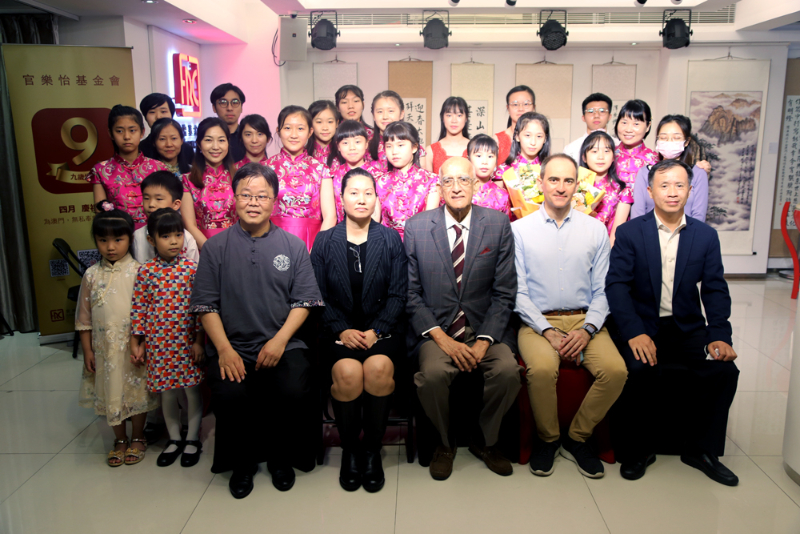
Leave a Reply
You must be logged in to post a comment.